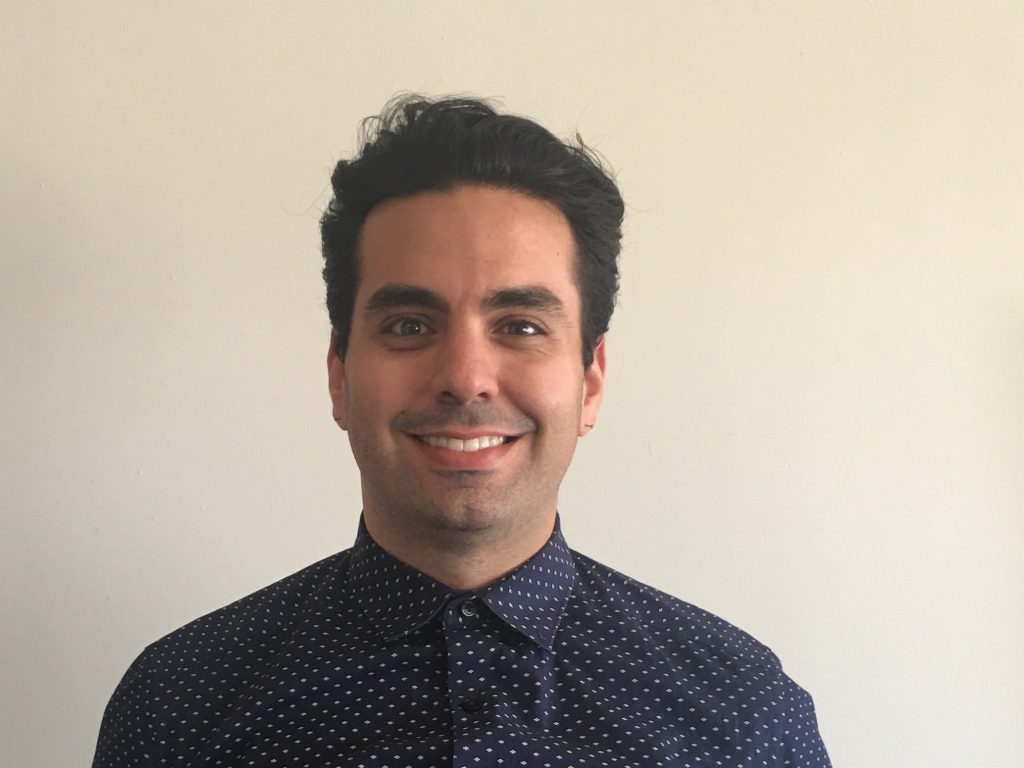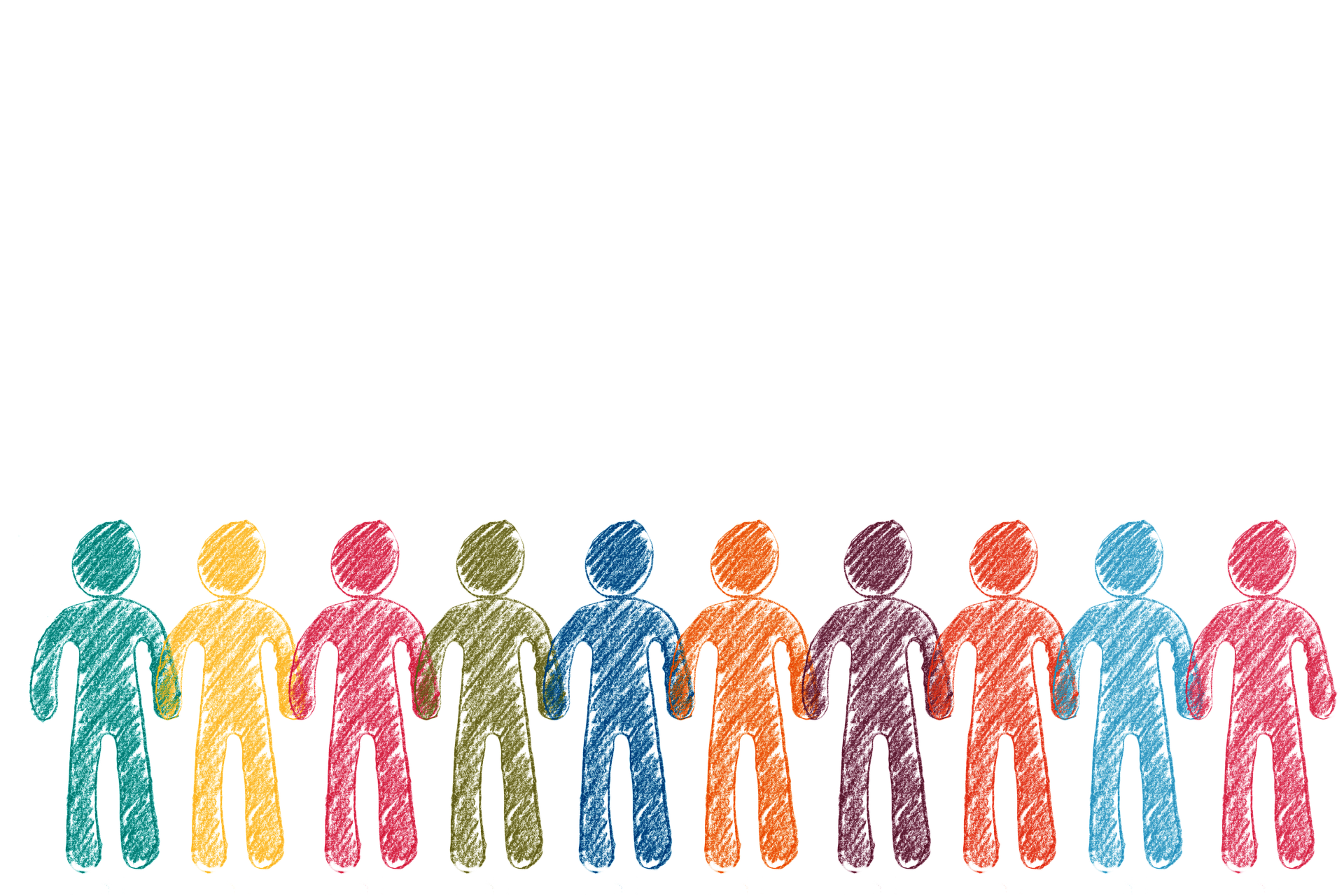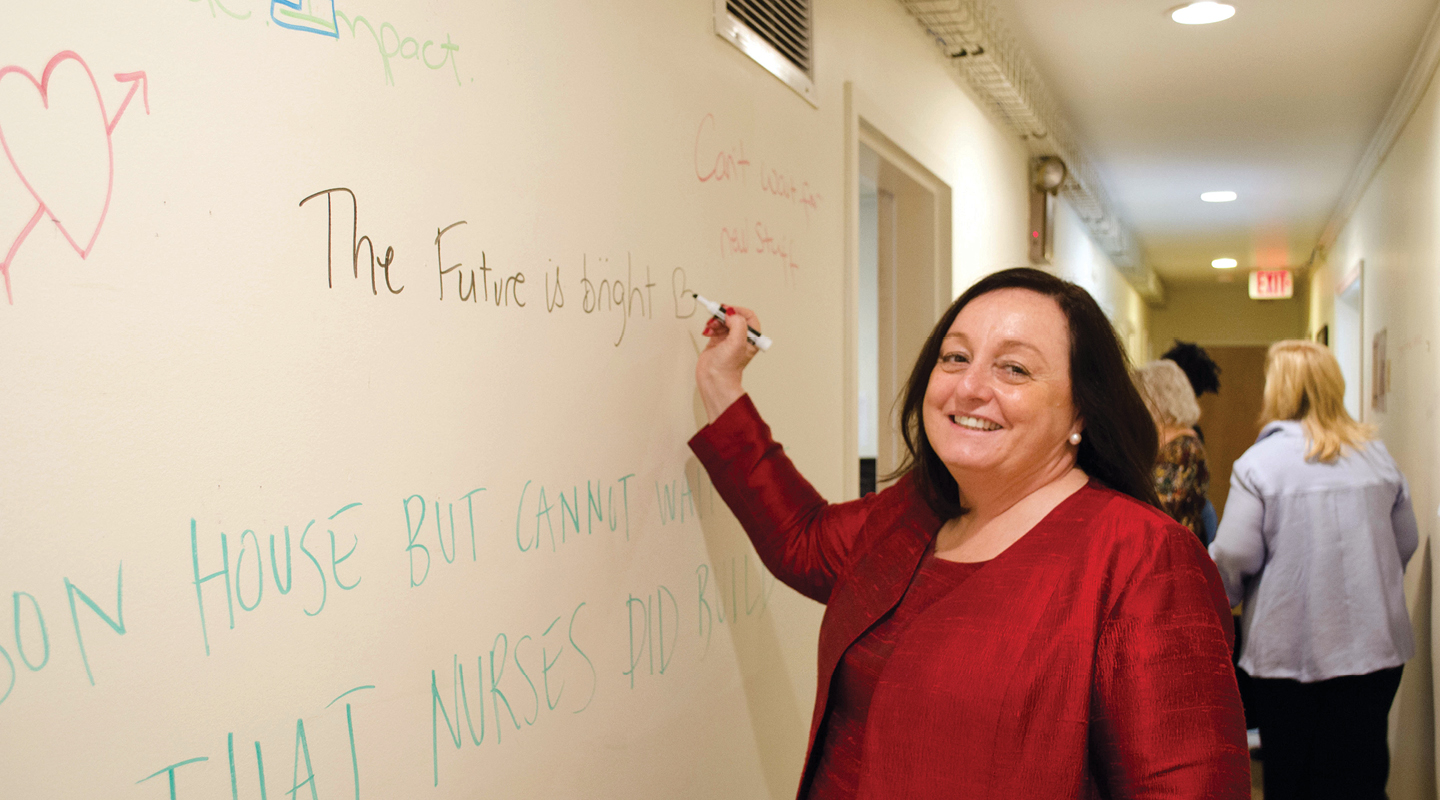Written by Aaron Speer
International Pronouns Day is our chance to recognize the importance and power of pronouns, especially related to discrimination, violence, and health disparities affecting the LGBTQ+ community. It matters because individuals, societies, and international communities act to maintain gender and sexual norms—often forcibly—when we press for progress.
In 2020, the rights and safety of LGBTQ+ people around the world are under attack
Hungary and Poland are systematically removing the rights and visibility of LGBTQ+ individuals; Poland is creating “LBGT-free zones.” It is illegal to be LGBTQ+ in 70 counties, and the penalty is death in 12 of them. In the U.S. this year alone, at least 32 transgender or gender non-conforming people (with the majority being Black and Latinx transgender women) have been killed by violent means. This is the highest murder rate since the Human Rights Campaign started tracking in 2013.
Even this week in an American Supreme Court judicial appointment hearing at the Senate, prospective Justice Amy Coney Barrett perpetuated the marginalization of LGBTQ+ people by using language about “sexual preference” rather than “sexual orientation.” This is a historically derogatory perspective with harmful implications; that LGBTQ+ is simply a preference and not an identity, and does not deserve protection under the law.
LGBTQ+ individuals consistently report mistreatment in health care, and providers lack cultural competence
As a queer, cisgender man, I have been mistreated by doctors and nurses on several occasions, which led me to distrust the health care system to the point of delaying care. As a registered nurse, transgender and nonbinary identifying patients have confided in me that they were even assaults by health care professionals. Their experiences are not unique; the stigma and discrimination leads patients to delay care or hide their identity, which increases poor health outcomes and prevent healing.
As nurses, we have a responsibility to educate ourselves and act differently
Even the American Nurses Association’s Code of Ethics for Nurses states that it is our responsibility “to practice with compassion and respect for the inherent dignity, worth and uniqueness of every individual” and “to advocate for and strive to protect the health, safety and rights of the patient.”
By asking about and honoring the pronouns of every person we interact with including patients, families, and colleagues, we can make the health care setting a more inclusive and supportive place. Additionally, we can clearly identify our allyship by having our pronouns in our email signature and on our business cards. As innovators at Johns Hopkins, we can lead the way in showing others best practices around pronouns and advocacy. By taking these actions you are showing members of the LBGTQ+ community, especially transgender and non-binary folx, that you see them and acknowledge the importance of pronouns. This is a simple and easy step towards making a more inclusive and equity-minded space.
In conclusion, on International Pronouns Day I encourage everyone to take the opportunity to learn about the importance of pronouns, advocate for their appropriate use, ask others their pronouns and express your own. As nurses we can use our privilege to be allies to LGBTQ+ folx and move towards health equity.
This blog was written for International Pronouns Day under the leadership and strategic direction of the Office of Diversity, Equity and Inclusion, led by Associate Dean Gloria Ramsey.
Read more:
- Coming Out to a Health Care Provider: What it Means for the Patient and the Nurse
- Share Your Pronouns, No Matter Who You Are
- What If There’s No Such Thing as “Passing” for Your Gender?
- We Need to Talk about Wound Care in Transgender Women Healing From a Vaginoplasty
- What Nurses Need to Know: How to Take a Sex Positive Health History with LGBTQ+ Patients

ABOUT THE AUTHOR: AARON SPEER
Aaron Joseph Speer is a DNP Executive/MBA dual degree candidate at the Johns Hopkins School of Nursing. He is also the president of the JHSON Chapter of the Gertrude Stein Society (GSS), the Tri-School LGBTQ+ medical professional organization. He is involved in the JHSON initiative of Teaching and Learning as a Pathway to Diversity, Equity, and Inclusion. He graduated from the MSN (Entry into Nursing) Program in August 2019 and is currently employed with York Hospital on a cardiac step-down unit. Aaron was born and raised in Los Angeles, CA, earned a BS in Human Biology at the University of California, San Diego, and hopes to become a nursing leader that prioritizes diversity, equity, and inclusion to cultivate health equity.

 The March Toward Trans Pride, with Baltimore Safe Haven
The March Toward Trans Pride, with Baltimore Safe Haven On The Pulse: Heavy Reading
On The Pulse: Heavy Reading Dean Davidson: Welcome to Spring
Dean Davidson: Welcome to Spring Diversity Is a Living Thing
Diversity Is a Living Thing Heavy Reading
Heavy Reading







